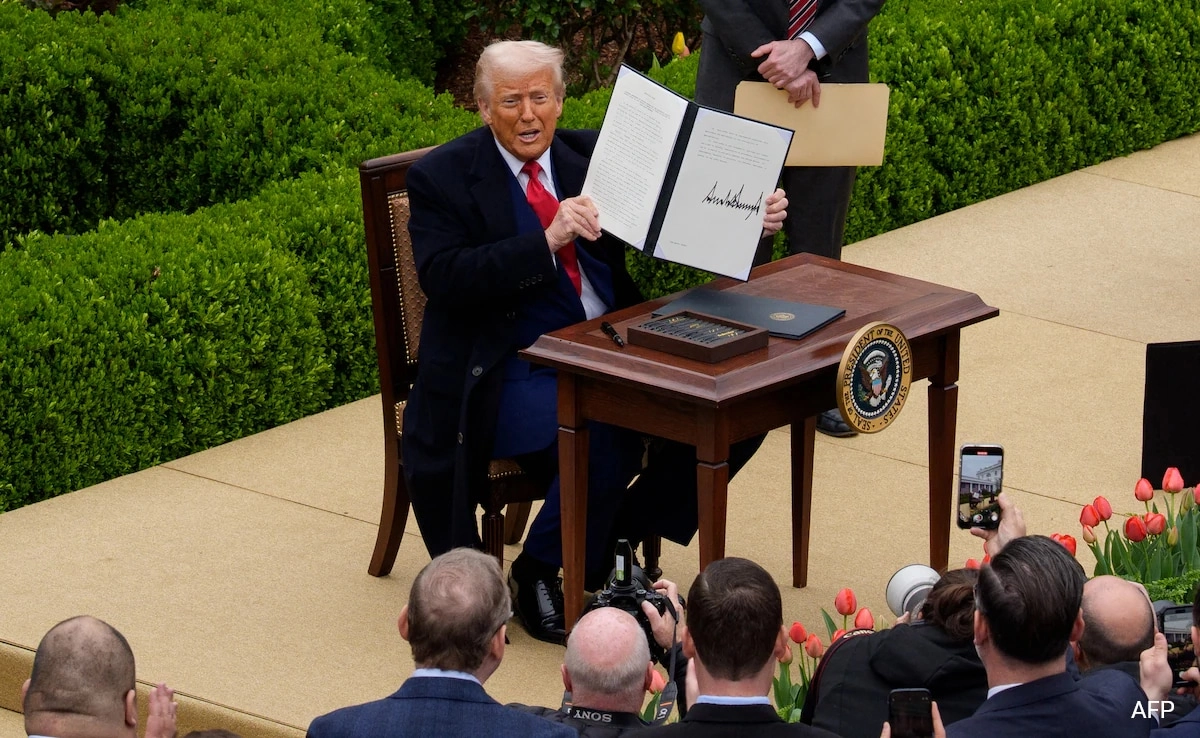The imposition of tariffs by the Trump administration has the potential to significantly impact various sectors of the economy, particularly oil, automobiles, and wine. As tariffs are essentially taxes placed on imported goods, they can lead to increased costs for consumers and businesses alike. The repercussions of such trade policies can ripple across multiple industries, affecting everything from production costs to retail prices.
In the oil sector, tariffs could lead to elevated prices at the pump. If tariffs are imposed on imported oil, domestic producers may raise their prices due to reduced competition. Furthermore, higher energy costs can translate into increased prices for goods and services that rely heavily on fuel, potentially leading to inflationary pressures across the economy. The oil market is inherently global, and any disruption in trade relations can also affect supply chains, making it more challenging for companies to source energy at competitive rates.
The automotive industry is another sector that could face rising costs as a result of tariffs. Many car manufacturers rely on imported parts and materials to assemble their vehicles. If tariffs are imposed on these imports, the cost of production will inevitably increase, leading manufacturers to pass these costs on to consumers through higher vehicle prices. This could also discourage consumer spending on new cars, which may have a cascading effect on the economy, as the automotive sector is a significant contributor to job creation and economic growth.
Wine, particularly from regions like Europe, could also see price hikes due to tariffs. The wine industry is sensitive to trade policies, and tariffs on imported wines can make them less competitive compared to domestic options. This could result in fewer choices for consumers and higher prices for imported wines, impacting both consumers and businesses that rely on a diverse selection of products. The ripple effect of tariffs on wine could extend to restaurants and retail establishments, potentially altering consumer behavior and preferences in a market that thrives on variety.
In summary, the imposition of tariffs by the Trump administration could lead to increased costs across several key industries, including oil, cars, and wine. The ramifications of these trade policies may extend far beyond the immediate price hikes, influencing consumer behavior, production costs, and overall economic health. Understanding these potential impacts is crucial for consumers and businesses alike as they navigate a changing economic landscape.




